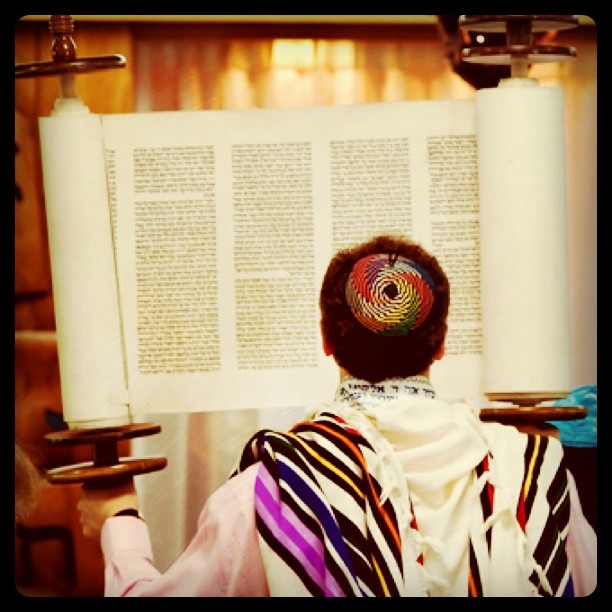 In 1963, songwriter Bob Dylan wrote, “the times they are a-changin.” For Temple Emanuel this is true in more ways than one! Daylight Savings will soon end; we will have a new President in the White House; and the results of the TE Service time survey are in and are being acted upon. Whether or not Bob Dylan decides to accept the Nobel Laurette in literature I think he got it right when he said, “If your time to you is worth savin’, Then you better start swimmin’, Or you’ll sink like a stone, For the times they are a-changin’.” And I believe TE has the ability to change with the tides of our growing congregation (165 member units strong now!).
In 1963, songwriter Bob Dylan wrote, “the times they are a-changin.” For Temple Emanuel this is true in more ways than one! Daylight Savings will soon end; we will have a new President in the White House; and the results of the TE Service time survey are in and are being acted upon. Whether or not Bob Dylan decides to accept the Nobel Laurette in literature I think he got it right when he said, “If your time to you is worth savin’, Then you better start swimmin’, Or you’ll sink like a stone, For the times they are a-changin’.” And I believe TE has the ability to change with the tides of our growing congregation (165 member units strong now!).
For many years the time for the start of services has been the subject of animated discussion for the Ritual Committee and for the community. Three years ago the Ritual Committee charged the Board with the task of looking at the issue and seeing if we needed to change. Our first explorations into this task involved discussions with individuals and small groups and a paper survey. This gave us good information but didn’t represent a majority of the congregation (only about 71 responses). So the Survey Monkey was created and was answered by 135 members.
Briefly, when asked, 57% of the responders preferred a late service with 55% preferring the 7:30pm start time. Of the 43% of the responders who preferred an earlier service, 58% preferred the 6:30pm time. In both groups there were about 20% with no preference. While this is not a scientifically validated survey, it does give us a feel of where we are as a congregation. The Board feels they have enough information to act upon and begin a small test of change for 6 months.
Beginning January 1, 2017 we will begin our usual service at 7:30pm instead of 8:00pm. The Family Service will remain at 6:30pm on the first Friday of the month. At the end of June, we will again send out a survey to see what people thought of the change and if we plan to continue it or make other changes. I believe we still need to provide a few more 6:30pm opportunities for our congregants, but we don’t want to create a confusing, unwieldy schedule.
Thank you to all of you who provided this valuable input. Thank you to Robin Levine-Ritterman for spearheading the effort, creating the Survey Monkey, and presenting the results to the Board. Thank you to the Board for voting on a change. I am looking forward to hearing from many of you over the next few months.














